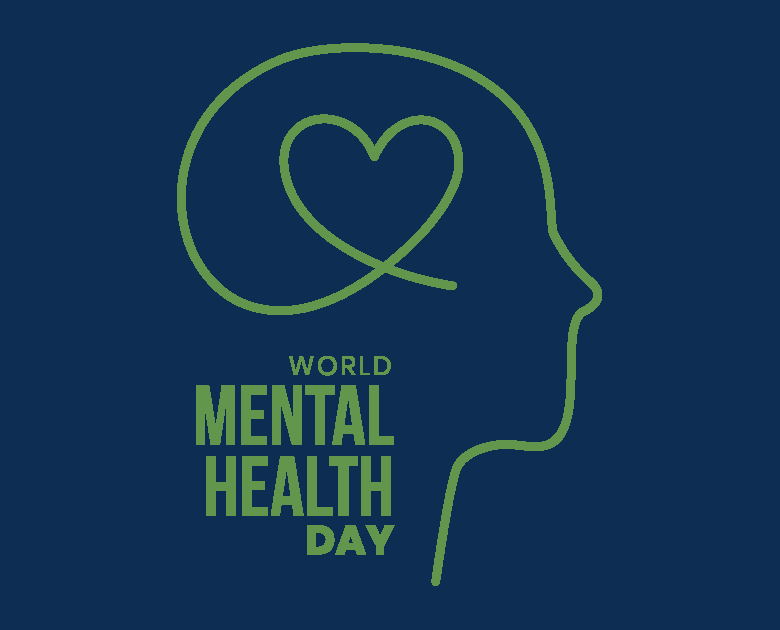Supporting Emotional Well-Being in End-of-Life Care
Supporting Emotional Well-Being in End-of-Life Care

At Bridge Hospice, we believe that mental health is just as important as physical health. On World Mental Health Day, it’s crucial to shed light on how mental health conditions can complicate life for hospice patients and how hospice care can provide support for both the mind and body.
When we think of hospice care, physical ailments like cancer, traumatic brain injuries, or complications from a fall may come to mind. But it’s essential to recognize that mental health plays an equally vital role in a patient’s well-being—especially in hospice care. Many patients in hospice experience mental health challenges, such as anxiety, depression, or mood disorders, as they face end-of-life issues. These conditions often go hand in hand with physical illnesses or may arise due to the emotional weight of facing one’s mortality.
Why Mental Health Matters in Hospice Care
Mental health encompasses our emotional, psychological, and social well-being, and it impacts how we manage stress, make decisions, and relate to others. For seniors facing terminal illness, mental health issues—like depression, anxiety, or psychotic disorders—can significantly influence their quality of life.
Untreated mental health conditions can cause isolation, emotional distress, and physical health deterioration. This is why hospice care takes a holistic approach, supporting not only the patient’s physical needs but also their mental and emotional well-being.
How Hospice Care Supports Mental Health
At Bridge Hospice, our Patient Advocates and care team prioritize the emotional and psychological health of our patients. We work with families and medical providers to tailor care plans that meet the specific mental health needs of each individual. Here’s how we help:
- Counseling and emotional support: Professional counselors assist patients and their families in managing emotional issues.
- Spiritual support: Whether through prayer, meditation, or guided imagery, spiritual care can help alleviate existential distress.
- Therapies: Music therapy, pet therapy, and massage help ease anxiety and create a sense of peace.
- Volunteer companions: Our compassionate team provides a listening ear and comfort to patients during their hospice journey.
Meeting Patients Where They Are
It’s important to remember that hospice care is not one-size-fits-all. Mental health issues in hospice patients are unique to each individual. By working closely with doctors, families, and caregivers, we ensure that our patients feel supported in every aspect of their care—mentally, emotionally, and physically.
World Mental Health Day: A Time to Reflect
On this World Mental Health Day, let’s acknowledge the challenges hospice patients face and the importance of supporting their mental health. Bridge Hospice remains dedicated to providing compassionate, holistic care that meets the needs of our patients, ensuring they are comforted in body, mind, and spirit during the most critical phase of life.

